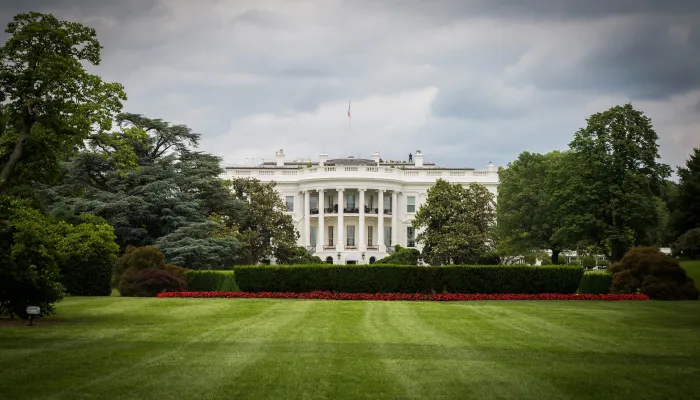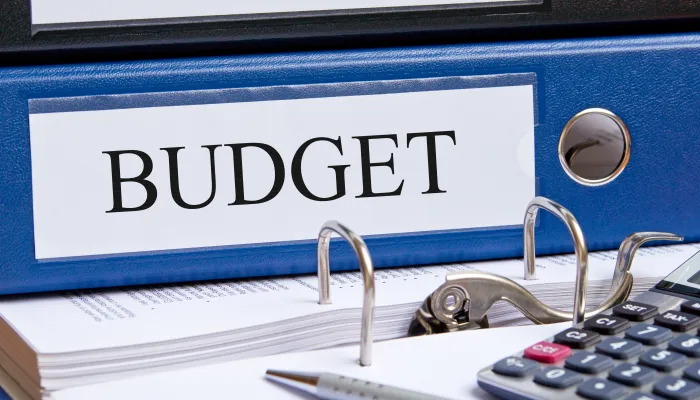CRFB's Maya MacGuineas on the Long-Term Budget Outlook
This week, CRFB President Maya MacGuineas appeared on Bloomberg Television to discuss the CBO's Long-Term Budget Outlook and how imperative it is for lawmakers to address our nation's fiscal challenges.
Debt is basically twice the historical post war average, so that is much too high. But even more troubling is looking forward, the debt is growing and that its going to be the size of the entire economy by 2036.
You have a lot of troubling benchmarks along the way... the [disability insurance] trust fund's going to be running out of funds in a couple of years. By 2030, the combined trust funds of Social Security and Medicare Part A will have run out of reserves. There are so many warning signs that we need to be making changes, and yet you look at what's going on in Washington and we're not making a bit of progress on all these challenges that are so clearly laid out by the CBO.
MacGuineas argued that changes to Social Security and health care programs were critical not only to address the dire fiscal outlook but to ensure that these programs better serve the people who need them most:
Reforms have to be made, the disagreement comes on how do we make them. But the trick here is that if you start gradually and target the reforms, you can actually change Social Security and Medicare in ways that will really protect the people who depend on the programs and avoid what would otherwise happen. If you make no changes, and people who are doing nothing are advocating for no changes, then in the early 2030s what you will see is an abrupt, across-the-board, mindless 25 percent cut of all benefits.
She also spoke about the type of comprehensive reform that is needed to put the budget on a sustainable path, and argued that lawmakers have done the opposite:
The key to fixing all that is definitely our entitlements programs, Social Security, our health care programs, that are affected by both the aging of the population and growing health care costs... You also need to look at the other side of the ledger: sensible tax reform that can help with competitiveness, growth, and raising revenue. All of those together are a thoughtful way to deal with the budget. Frankly, the things we've done so far like the mindless sequester, or looking at tax rates instead of tax reform have been the wrong ways to try and attack these important challenges.
Watch the full interview on Bloomberg TV here.


